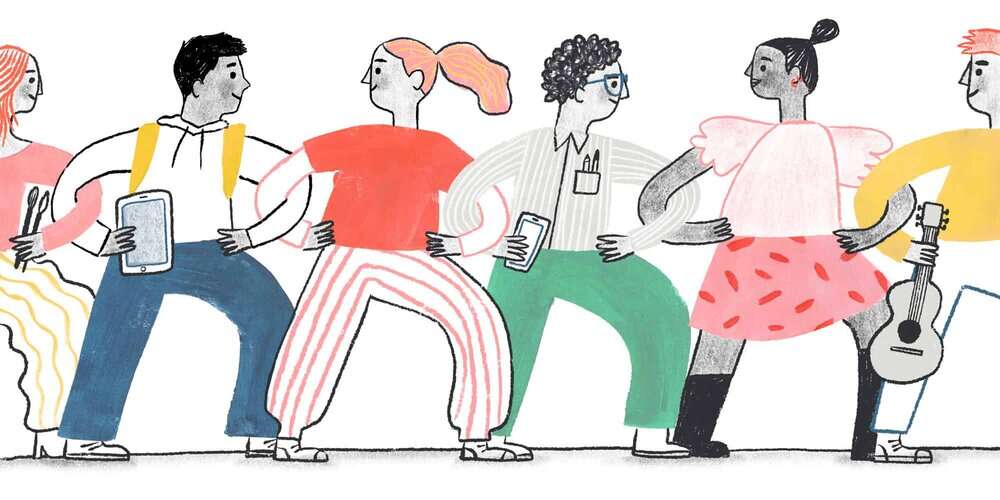Finding Community Support

Why is community support essential?
Building and maintaining supportive social connections is fundamental to mental wellness. Community support provides a sense of belonging and understanding that helps both parents and young people navigate life's challenges. When we feel connected to others, we gain emotional support, practical assistance, and the opportunity to both give and receive care—all vital components of mental health.
Feeling alone, isolated, or disconnected from others can harm our physical and mental well-being. Community offers an emotional support network that can provide both perspective and reassurance. Having a community of people who care — whether at school, work, in the neighborhood, or through a place of worship — helps us feel connected.
Positive social connections reduce the risk of depression and anxiety, and may help lower the risk of chronic diseases and other health conditions such as heart disease and stroke. Feeling connected to other people can improve sleep, enhance our ability to handle life’s challenges, and lead to longer, healthier lives.
Yet community isn’t always easy to come by. Perhaps you just moved. Maybe your child is starting a new school. Perhaps you live in an area with few nearby neighbors or have limited transportation. Maybe you or your child have experienced discrimination or bullying, and you’re wary of making new friends. Despite barriers like these, you can try small steps to help build connections within your community. These include:
- Join a group with shared interests you enjoy, such as a community garden (see Time in Nature), recreational sports (see Physical Activity), or hobbies.
- Volunteer, which can also foster a sense of purpose.
- Wave to a neighbor, smile at a grocery clerk, greet a bus driver, chat while waiting in line, or admire a pet. The pleasantries you exchange with acquaintances or strangers can help lift mood.
- Create time in your schedule — just a few minutes for a phone call or text — to connect with people you care about but haven’t talked to in a while. Even if you don’t communicate regularly, express gratitude for the relationship, and be open and vulnerable if you need help.
— submitted by a Parent
Modeling healthy social connections and relationships is a great way to help youth create their own. Some ideas include:
- Talk to your teen about healthy relationships, boundaries, appreciation of differences, and mutual respect.
- Collaborate with your child to find opportunities to meet a variety of people outside of school, or family who have different interests or backgrounds.
- Support your child in establishing relationships with trustworthy adults, such as a coach, teacher, or family member, who can help teens develop confidence and learn to establish healthy and safe boundaries with other people.
- Encourage your child to trust their instincts if they are feeling intimidated or uncomfortable. This can help empower them when faced with peer pressure or bullying.












